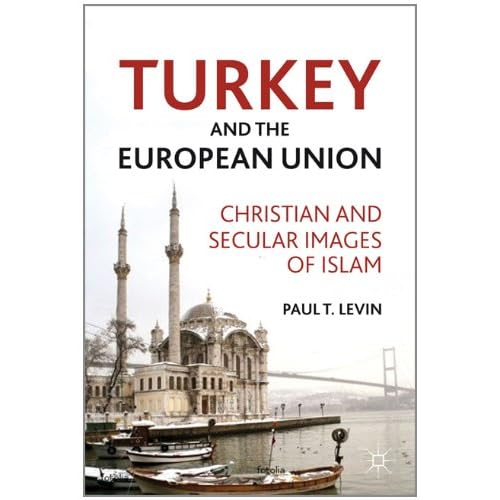 |
| Out in June. |
Early reviews:
"What do you get when a superb scholar adopts a constructivist view of history, develops a sophisticated conception of collectivity identity, and takes on Europe’s long-running encounter with Islam? A book I actually wanted to read from beginning to end." --Nicholas Onuf, Professor Emeritus, Florida International University, and Professor Associado, Pontifícia Universidade Católica do Rio de Janeiro
"This fascinating volume exposes the long and troubled history of Christian, and later European, images of Muslims. Taking a narrative approach, Paul T. Levin explores the historical, social-psychological and conceptual bases for Europe’s uneasy relations with Turkey and how these historical legacies play into Turkey’s potential EU accession. This excellent book grasps wholeheartedly the changing nature of Europe’s relations with Turkey and presents a more holistic view than most other books of this kind. A true joy to read!" --Catarina Kinnvall, Professor of Political Science, Lund University and co-author of The Political Psychology of Globalization: Muslims in the West
Description
A critical examination of the origins of today’s anti-Islamic rhetoric in Europe, this book focuses specifically on representations of Turkey. Applying a novel theoretical framework that understands collective identities as dramaturgical achievements, it shows that stereotypes of Turks continue to provide an important “Other” against which a supposed European “Self” is contrasted. The book identifies two competing meta-narratives that have long vied for the right to define Christendom and later Europe, and argues that the struggle over these narratives--one tragic, the other comic--have come to a head in Turkey’s current bid for EU membership.